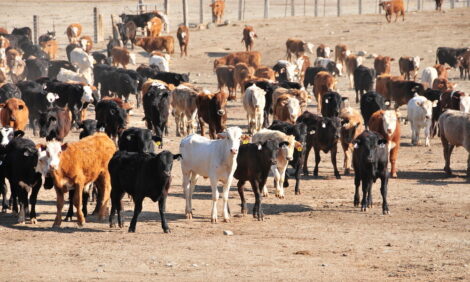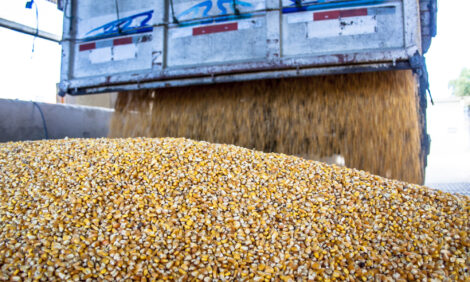



US Lose Billions to Global Beef Safety Measures
US - US beef processors and beef cattle ranchers lose billions of dollars in export opportunities each year because of animal health and food safety measures in other countries that are inconsistent with international standards and vary by country.These are the findings of the U.S. International Trade Commission in its report Global Beef Trade: Effects of Animal Health, Sanitary, Food Safety, and Other Measures on U.S. Beef Exports.
Animal health and food safety regulations in Japan and Korea accounted for most of the export losses over the period, according to the report.
The ITC, an independent, nonpartisan, factfinding federal agency, completed the report at the request of the U.S. Senate Committee on Finance. As requested, the ITC provided an overview of the U.S. and global beef markets and information on animal health and food safety measures facing U.S. and other major beef exporters in major destination markets.
The ITC also provided information on other measures restricting U.S. beef exports (primarily tariffs and tariff-rate quotas (TRQs)) and compared the effects of animal health and food safety regulations in importing markets to the effects of these other measures.
The ITC found that from 2004 to 2007, the period studied in the report, animal health and food safety regulations in importing countries reduced U.S. beef exports by $2.5 billion to $3.1 billion per year. Some export sales were offset by increased sales in the U.S. domestic market, but the estimated revenue losses for beef processors exceed $1.4 billion every year. Estimated revenue losses for U.S. beef cattle producers exceed $1 billion in each year. Losses were greatest in 2004 and have generally declined over time, as some countries have eased restrictions and U.S. exporters have developed alternative markets (but at lower prices).
Many countries restricted imports of U.S. beef following the 2003 discovery of bovine spongiform encephalopathy (BSE) in a dairy cow of Canadian origin in the U.S. cattle herd. These restrictions resulted in significant losses in exports and industry revenues over the period studied.
The effect of identified animal health and food safety regulations on U.S. beef exports outweighed the effects of tariffs and TRQs over the period studied.
Animal health and food safety regulations in Japan and Korea accounted for most of the export losses over the period studied. The elimination of tariffs on U.S. beef in Japan and Korea also accounted for most of the potential gains from elimination of tariffs and TRQs.
Although the World Organization for Animal Health (OIE) provides guidelines and standards regarding the safety of beef trade, many importing country regulations are not consistent with these guidelines.
Further Reading
| - | You can visit our BSE information page by clicking here. | |
| - | You can view the full report by clicking here. |
TheCattleSite News Desk


